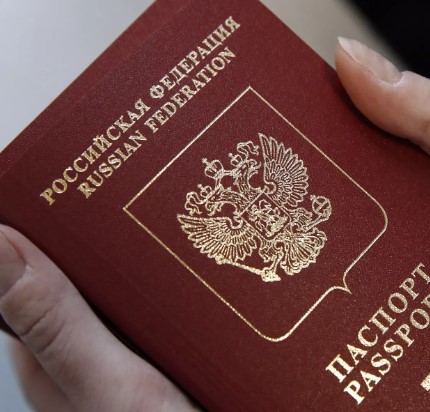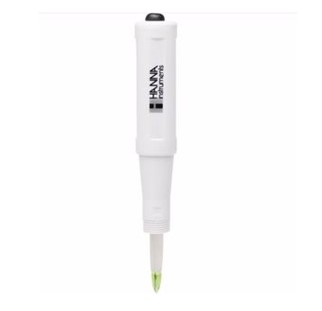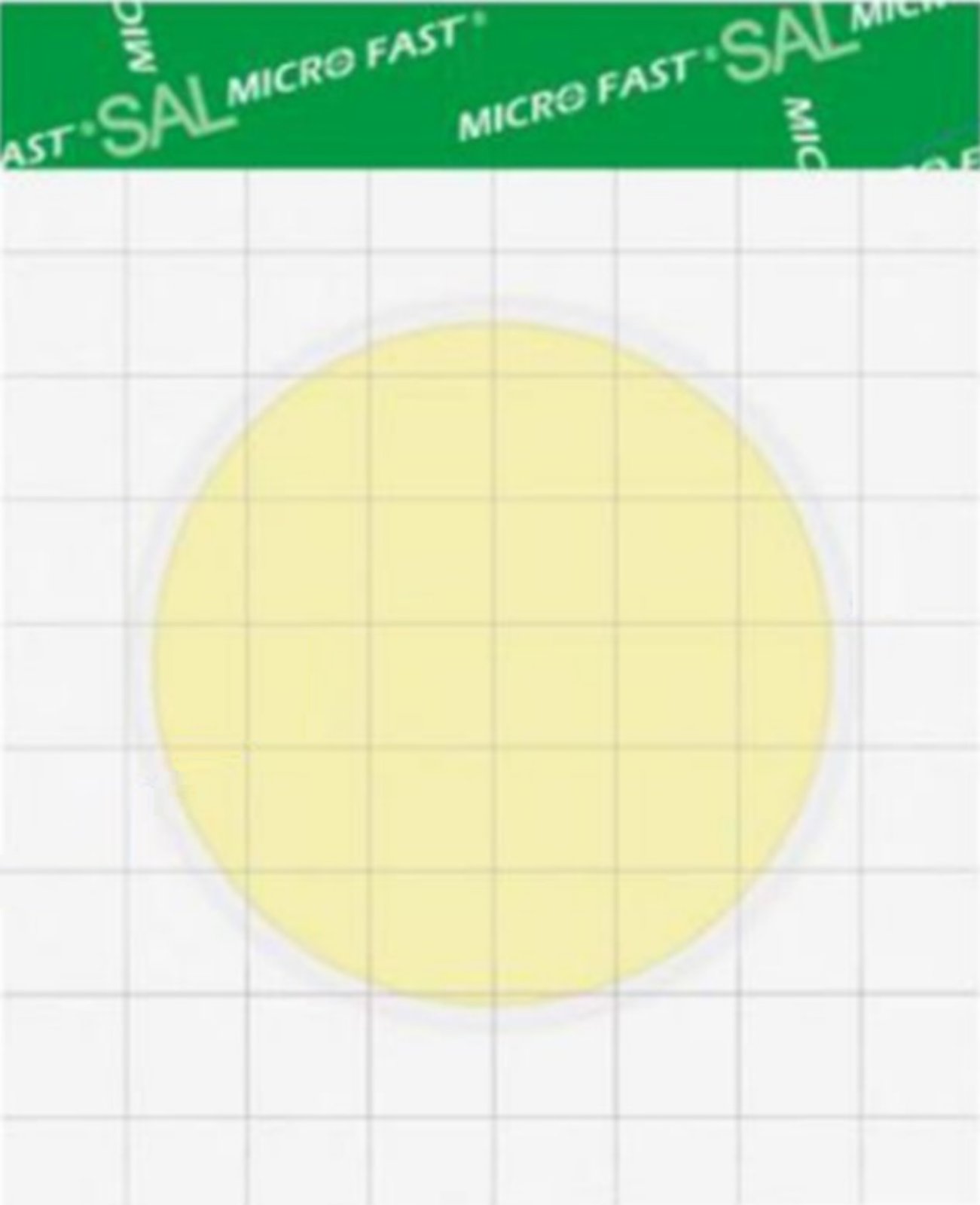The National Union of Meat Processors (NCM) proposed to organize over-the-counter trading in meat with the participation of the National Commodity Exchange (NTB)
This will make it possible to conclude deals for the supply of MEAT for a period of three months.
"When the supply of meat from pig farmers and poultry farmers is scheduled, this will significantly reduce the volatility of prices in the wholesale market," explained NSM Executive DIRECTOR Nikolai Aksenov.
Long-term contracts are already working in the grain, SUGAR and dairy industries. Therefore, pricing in these industries is built predictably, regardless of external conditions, and all risks are hedged, the NCM argues. The presence of these tools allows the seller to be confident in the sale of their products, and the buyer - in the continuity of the production process. The meat industry is the only one where these tools are not implemented. As a result - the annual volatility in the meat markets. This negatively affects both the economy of poultry and pig farmers, and meat processors.
This summer wholesale prices(followed by retailers) for chicken reached record levels. Over the year, it has risen in price by 40%. Pork and turkey prices followed chicken. The Ministry of Agriculture assured that such a price increase occurs every year during the barbecue season. And this year, meat consumption in the summer was even higher due to the fact that the Russians spent their holidays within the country.
Already, wholesale prices for pork have gone down: for example, at the peak, the cost of half carcasses reached 212 rubles. per kg, and now they have decreased to 190 rubles. per kg, and the decline will continue, said Yury Kovalev, Director General of the National Union of Pig Breeders. At the same time, the average price for half carcasses for eight months is only 1.6% higher than a year ago. But such jumps occur in the industry every year, wholesale prices can fluctuate by 30-50% in thatand the other side, says Yuri Kovalev. This creates nervousness among businesses and the public.
Therefore, livestock breeders offer meat processors, firstly, to stock up on the most valuable cuts of meat during periods of low prices in the first and fourth quarters of the year. And secondly, to switch to long-term contracts, concluding them at an average price, which is formed during the year.
Gazprombank Vice President Daria Snitko found it difficult to assess how promising the instrument of forward contracts in meat will be used. It's important to understand which benchmark will be used as the underlying strike price, she says. In the Voronezh region, the price for half carcasses at one enterprise can be one, and in the neighboring region - another. The Center for Price Indices of Gazprombank is currently developing only price benchmarks for EXPORT goods. Theoretically, the use of financial hedging instruments could help producers and processors better plan prices. And if the work of enterprises is more efficient, it is always good for the consumer. But the creation of derivative financial instruments is a complex process with a large number of participants from different industries, notes Daria Snitko.



























































